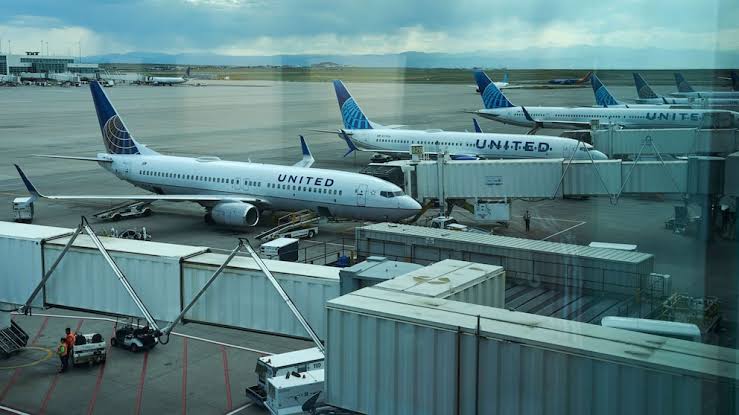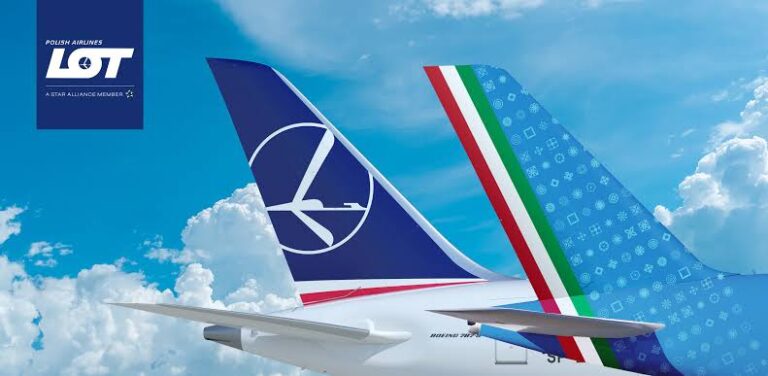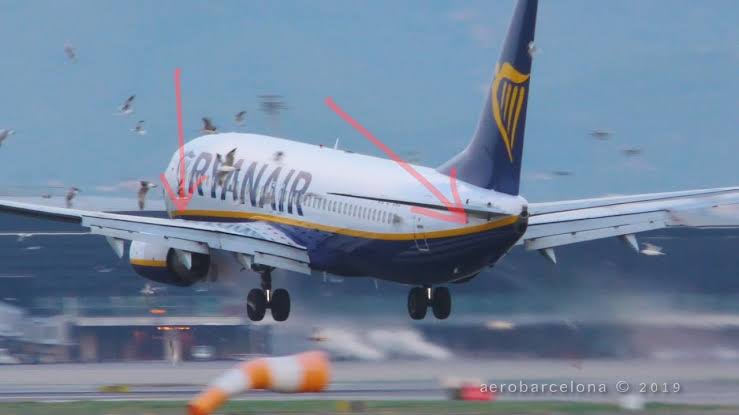United Airlines Halt All Flight Due To Five Outrageous Reasons
United Airlines, one of the world’s leading carriers, has faced multiple instances where it was compelled to halt its flight operations due to various challenges. These disruptions have not only impacted travelers but have also raised concerns about the airline’s operational resilience. This article delves into five significant reasons behind these halts, providing insights into the complexities of airline operations in today’s dynamic environment.
1. Technological Glitches and System Outages
In September 2023, United Airlines experienced a nationwide ground stop due to a “systemwide technology issue.” A software update caused a widespread slowdown in the airline’s technology systems, leading to the temporary grounding of all departing flights. Flights already in the air continued to their destinations as planned. The Federal Aviation Administration (FAA) confirmed that United requested the pause, which lasted for a little over an hour before the issue was resolved. This incident highlighted the airline industry’s vulnerability to technological disruptions and underscored the importance of robust IT infrastructure.
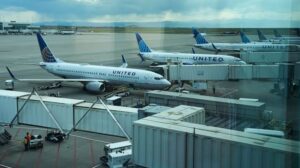
2. Security Concerns and Geopolitical Tensions
In August 2024, escalating tensions in the Middle East led United Airlines to suspend its flights to Tel Aviv, Israel. The decision was influenced by the threat of war involving Iran, Hamas, and Hezbollah. United had previously resumed service to Tel Aviv in March 2024 after suspending flights following the October 2023 Hamas attack on Israel. However, the renewed conflict prompted the airline to cancel all Tel Aviv services through July 2025, affecting routes from Newark, Chicago, San Francisco, and Washington-Dulles. This move underscored the impact of geopolitical instability on airline operations and the prioritization of passenger safety in volatile regions.
Quartz
3. Airspace Restrictions and Regulatory Directives
Airlines often face operational halts due to airspace restrictions imposed by aviation authorities. For instance, in January 2023, a system used to alert pilots to safety hazards failed, leading the FAA to halt all U.S. departures briefly. The agency attributed the failure to a contractor who accidentally deleted files while synchronizing the alert system and its backup. Such regulatory directives, while essential for safety, can cause significant disruptions to airline schedules and operations.
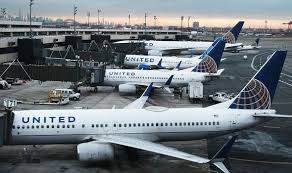
4. Labor Disputes and Staffing Challenges
Labor disputes and staffing shortages have historically led to flight cancellations and operational halts in the airline industry. While specific instances involving United Airlines were not detailed in the provided sources, it’s common for airlines to face challenges related to pilot shortages, crew scheduling issues, and negotiations with labor unions. These factors can lead to delays, cancellations, and temporary grounding of flights, impacting both the airline’s operations and passenger travel plans.
5. Maintenance Issues and Aircraft Groundings
Ensuring the airworthiness of aircraft is paramount for airlines. Unexpected maintenance issues or the discovery of technical faults can lead to the grounding of specific aircraft or entire fleets. For example, if a particular aircraft model is found to have a recurring technical issue, aviation authorities may mandate its temporary removal from service until inspections and repairs are completed. While such measures are crucial for passenger safety, they can disrupt flight schedules and strain airline resources.
In conclusion, United Airlines, like many carriers, has faced flight halts due to a myriad of reasons ranging from technological failures and geopolitical tensions to regulatory directives, labor disputes, and maintenance concerns. These incidents underscore the multifaceted challenges airlines navigate to ensure passenger safety and operational efficiency. As the aviation industry continues to evolve, addressing these challenges proactively remains essential for maintaining trust and reliability in air travel
